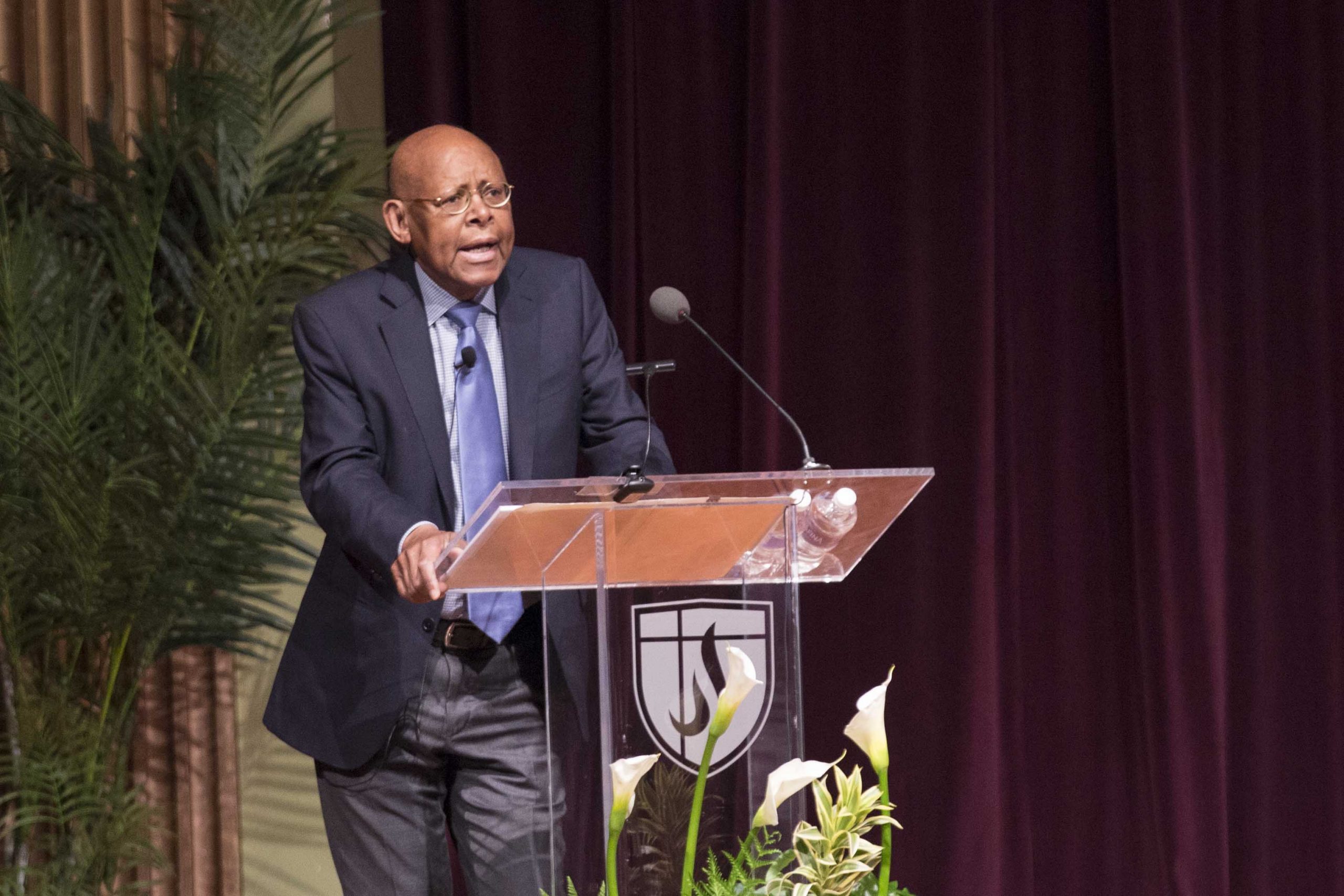
A Case for Biblical Studies as Asset to People of Faith
Volume 1 | June 6, 2022
Theme: Biblical Scholarship, Debate
Discipline: Religious Studies
In any given academic year, I read the New Testament with 200 nineteen year olds. Some of them bring Bibles that are still shrink wrapped, purchased only as a required text for a required class. They sit next to peers who quite literally cut their teeth in cradle roll on those little leather New Testaments. For the first group I mentioned, the Bible is an alien artifact; they need an orientation to chapter and verse citations. Even my more “churched” students, however, have often encountered the Bible far more than they have engaged it. I know from research my colleague John Boyles and I have been conducting that across two years of incoming freshmen at Abilene Christian University, 94 percent of students had read verses or passages of the Bible, but nearly 50 percent had never in their lives read an entire book. This latter group may know that there are four gospels, but they have likely never thought about the fact that there are four gospels. For each group of students, and for the many who lie in between, my goal in such courses is the same—to invite them into practices of close, communal reading of the New Testament that generate knowledge of its contents and theology, expanded interpretive capacity, and enlivened scriptural imagination for a life of faith. Toward those ends, biblical studies is an asset. As I delineate some of the specific ways that it is, I do so with an eye toward both the nature of the scriptures as they have been given to the church and our own nature as those who read them.
When readers of faith gather for Bible study in the conviction that the Spirit meets and forms us through that encounter, we encounter a series of paradoxes. The Bible is a book and a collection of many different books. The Bible is divinely inspired, God-breathed, and yet humanly authored. The Bible proclaims eternal truths that ring out across time and place, and it exists in the languages, contexts, and genres of particular times and places of its composition. Biblical studies is an asset to people of faith in that it helps us to navigate the particularities that constitute the human side of those paradoxes, in confidence that it is precisely through those human elements—rather than in spite of them—that God speaks to us.
Every reader of a narrative, either tacitly or explicitly, reconstructs the world of that story as part of interpreting it, a process one theorist calls “worlding the story.” The process may not be conscious, but it is operative. When readers encounter the Gospels, for instance, the question is not whether historical judgments will be made, but what kind and how well informed? In my experience in congregations, when readers enter the Bible’s world of fisherman and Pharisees, kings and covenants, apostles and apocalypses, emperors and epistles, they generally require little convincing that this biblical world is different and sometimes difficult to understand, while remaining deeply convicted that the Bible speaks to them personally and in the present. I suspect that the popularity of things like the crowd funded television series The Chosen lies in part in a longing to have the contexts of the Bible rendered concretely to our imaginations. Biblical studies offer the faithful reader historical, sociological, grammatical, and other details that can help to render the world(s) of the Bible, not just more accurately but more vividly. In that way, biblical studies have considerable power to serve the church by helping readers to “world the story” in greater clarity.
As embodied creatures, we are formed by more than fact, and the Bible’s own diversity of genres offers us a wealth of opportunities (if we will take them) to be formed by imagery as well as information, poetry as well as prose, metaphor as well as moral principle. In Western cultures, however, our default modes of reading are information-oriented, and our governing metaphors for the scriptures—rule book, motivational text, and, yes, pattern—often flatten the Bible’s literary diversity into a set of data points. The insistence of biblical scholars that the genres of the Scriptures need to be considered in their distinct voices and units offers an important expansion beyond “flatter” readings, an expansion that serves the church’s intent to read formationally. Reading the Bible as what it is (a rather eclectic collection of genres) rather than what we might wish it to be (a data set or rule book) helps us to see that the Bible’s formative potential goes beyond the provision of information to the capacity to shape the reader’s imagination.
Finally, no reader approaches the text as a blank slate. We bring our own formation and deformation, our own personal reception histories, and questions and preoccupations shaped by our culture and social location. Biblical scholarship does not offer scientific objectivity as an antidote to subjectivity, but it does offer a set of questions and constraints that can helpfully call our assumptions and limited perspectives into question. Our individualistic tendency to read every biblical “y’all” as a singular “you” and to assume that Jeremiah 29:11 speaks to God’s intent for our individual career success is but one fairly obvious example. Furthermore, womanist, feminist, and post-colonial biblical scholarship offer alternative readings that challenge both our unexamined assumptions and our sometimes solipsistic and self-serving readings. We never identify with Pharaoh, but perhaps we should. Biblical scholarship offers an important way to expand our communities and contexts of interpretation, reminding us that the scriptures speak to us as well as to others, for us as well as against us.
The question up for debate here is whether biblical studies is an asset or liability to people of faith. I am convinced that it is an asset. I am equally convinced that the question is not ultimately answered in theory, but in practice. Biblical studies is an asset to people of faith when it is employed to increase the interpretive capacity of readers by providing context, resources, and new questions; when its insights are offered with humility in order to expand and enhance instead of merely to delimit or debunk; and when it serves as a critical means to a more essential end—the formation of scriptural imagination, by which I mean the capacity to not only know the content of the Bible, but to see the world, interpret our place and callings within it, and habitually act through the lenses and categories that the scriptures provide.




